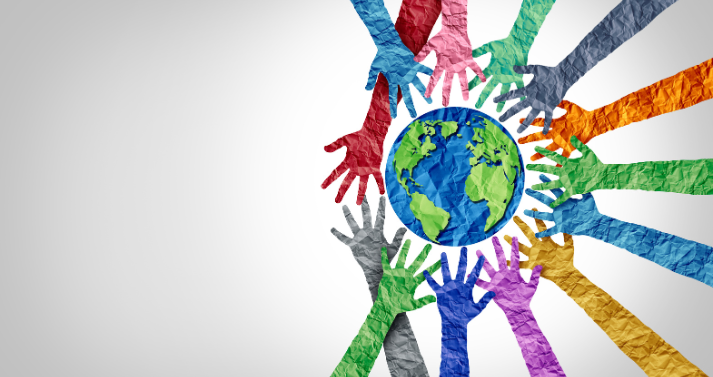Motivational Interviewing and Trauma Informed Care

It’s clear from change research that provider empathy has the most consistent relationship with positive client outcomes of any provider trait studied.
Let me say this again: Provider empathy is the most consistent predictor of client outcomes.
This means that the more skilled in accurate empathy that you are, the better your clients will do.
What exactly is empathy? It is our ability to set aside our own viewpoint, values, desire to fix or change or get a particular outcome, and strive to see and experience the world as our client does.
“In ordinary conversation, people tend to listen just long enough to reply. With accurate empathy, you listen with the intent to understand. You set aside, at least for the time being, the expression of your own perspectives and wisdom. Your whole attention is focused on understanding what this person is experiencing.” -Miller & Moyers,
It’s not an easy thing to do! We have a lot of junk in our brains that mucks up our ability to experience empathy! We have outcomes we want to reach with clients, ideas for them, our own inner experiences and biases and all-the-goings-on that can make it hard to try to step into our clients shoes for a bit.
Empathy is a trait. Many of us are drawn to the helping professions because we naturally have strong empathy. We may more easily see and experience the emotions of others.
Empathy is also a skill. It can be learned, practiced, and tended to. We relay empathy through attunement and active, reflective listening. It requires being present, and consistently curious about their inner experience.
I love this short video of Carl Rogers defining empathy with a group of students.
It’s also important to note that if our own experiences cause us to identify with our clients, it can actually interfere with accurate empathy.
For a deeper understanding of empathy, Glenn Hinds offered us this engaging 90 min webinar on Empathy as an Experience. (Really, I sat down and watched it a second time right after the webinar ended. It was so much goodness to absorb, reminding us of the need for humility.)
Motivational Interviewing Tip of the Week:
We can never truly know every experience our clients have been through that have gotten them to where they are. We can never truly experience their full perspective. Having said that, practicing accurate empathy with our clients is an active effort for us to see and understand the world through their eyes. It takes effort, deep listening, humility, curiosity, and an awareness of those parts of us that get in the way.
The quote is from p. 22 of the book by Miller, W. M., Moyers, T. B. (2021) Effective psychotherapists: clinical skills that improve client outcomes.
Related Posts

Less Fixing, More Listening
What most folks need is a good listening to! But as helpers, we tend to want to jump in and fix. Motivational Interviewing calls this the Fixing Reflex- our own urge to give advice, information, or try to fix a problem for a client. Or, try to fix the client! But...
Related Posts

How does MI translate across cultures?
Motivational Interviewing is an international phenomenon. Since the early 1980’s, Motivational Interviewing has been translated and taught in over 75 languages across 6 continents. The MINT, Motivational Interviewing Network of Trainers, has member-trainers from over...

Let’s Learn Together!
Hi, I’m Hillary Bolter. At MI Center for Change, Motivational Interviewing is our passion. Motivational Interviewing will help you become more effective and efficient as you support clients’ change!

